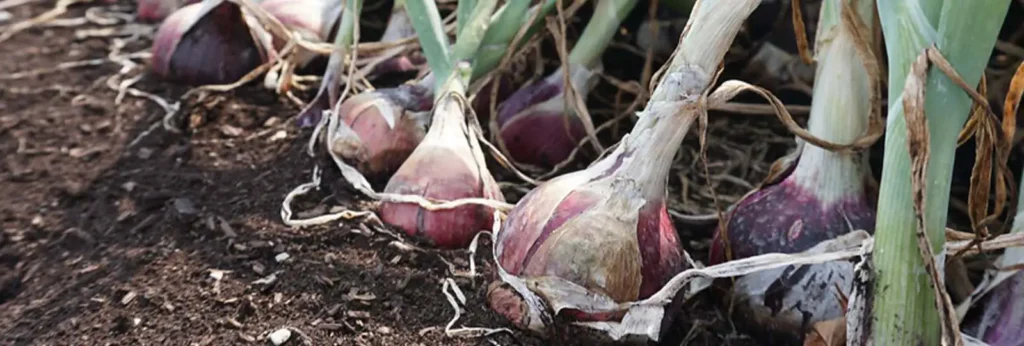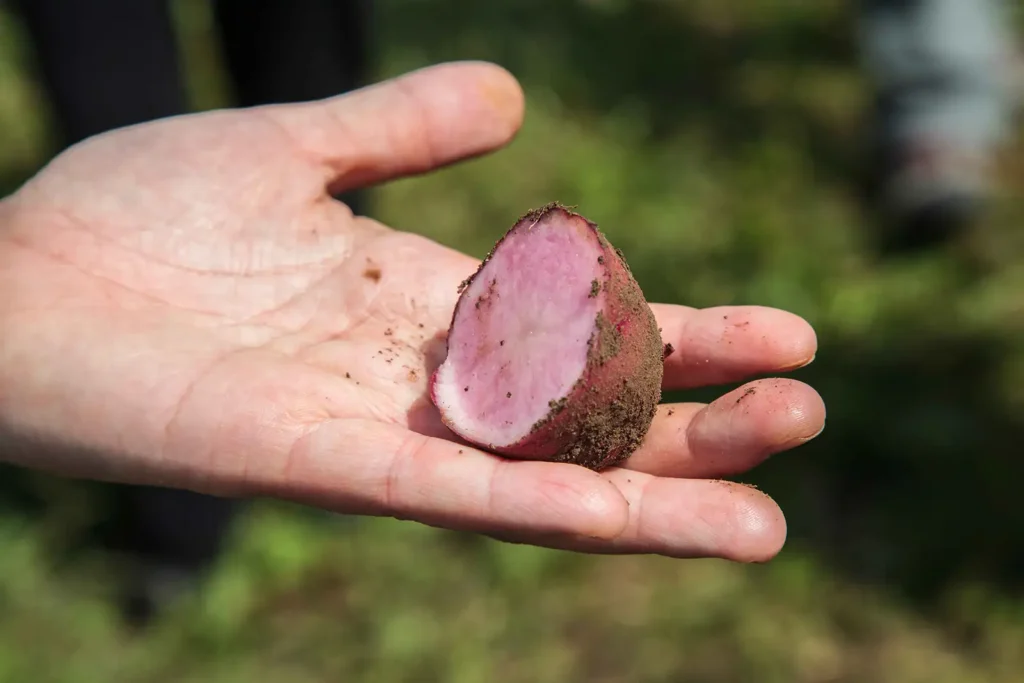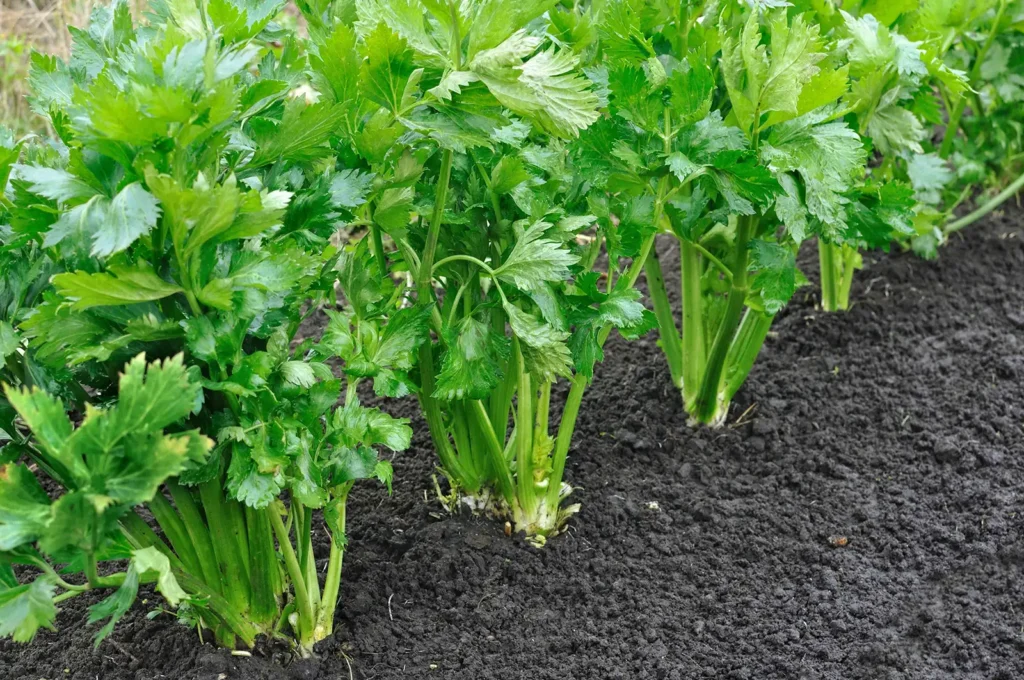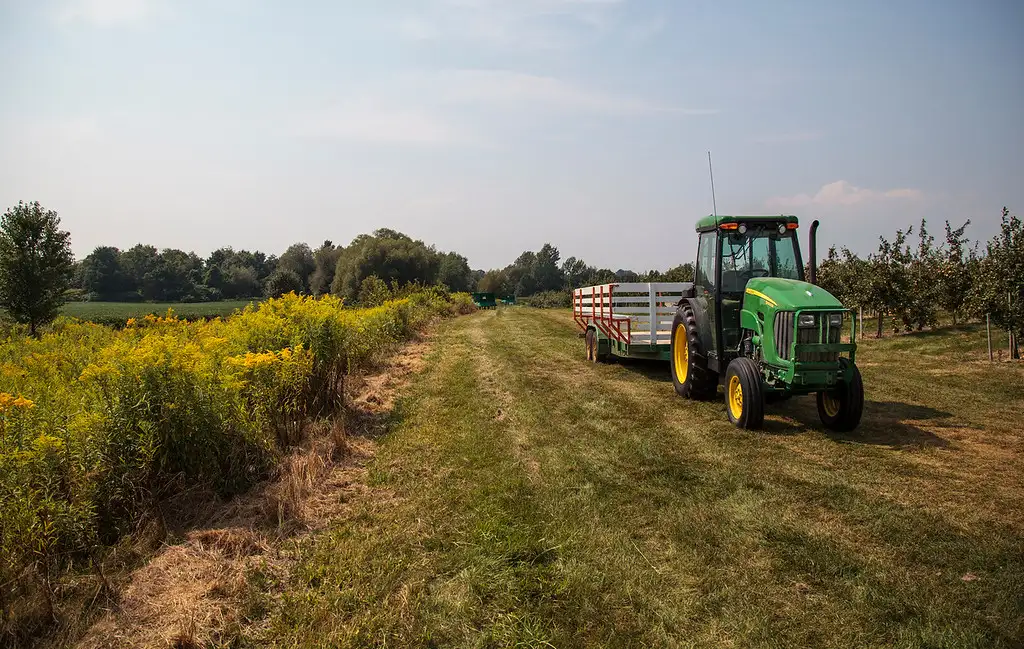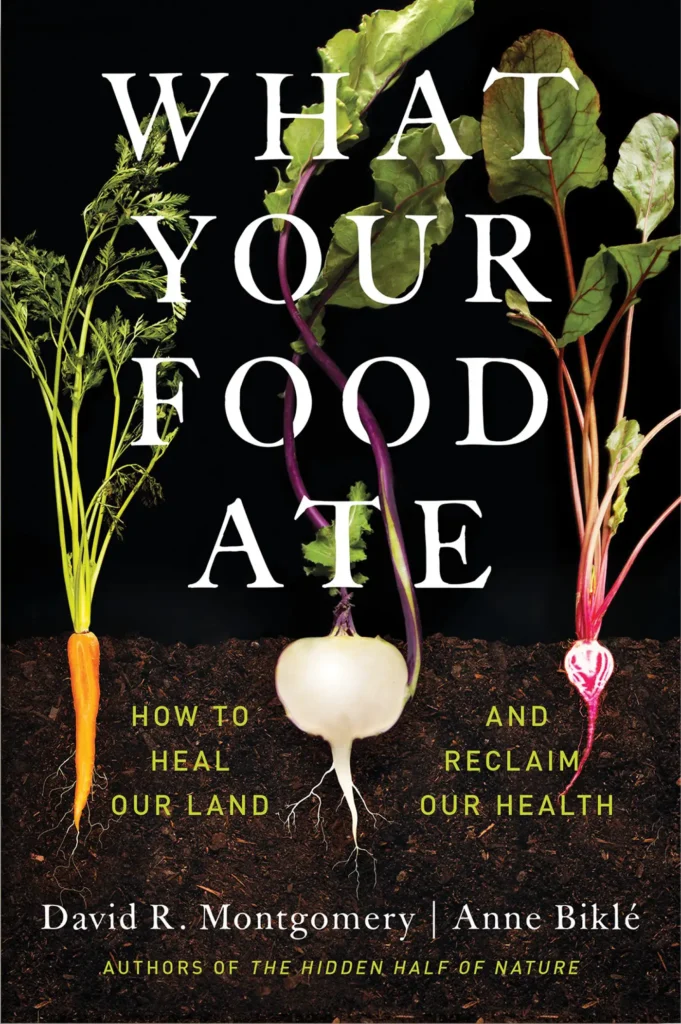Part of the Stories from the Greenbelt series
What Your Food Ate
Soil health is receiving a lot of well-earned attention at the moment. It’s role in climate mitigation and adaptation is becoming ever more important. Food, farming and soil health were on the agenda at the recent Conference of the Parties (COP) 26 summit with some positive developments. Our new research adds a new dimension to the issue by digging into the connection between human health and soil health.
Are you really what you eat? That old maxim doesn’t go far enough—for it doesn’t capture the importance of what your food ate.
Are you really what you eat? That old maxim doesn’t go far enough—for it doesn’t capture the importance of what your food ate. Our new research explores the science and history that broadens what it means to be a farmer or eater in pursuit of health. From carrot to cow, the way farmers treat the soil affects what does—and doesn’t—make it into the human diet. The chain of causality connecting our health to the health of the soil starts with the role of soil life in both nutrient cycling and spurring plants to make defensive and protective compounds that, in turn, benefit our health when we consume foods laden with them.
Controversy has long surrounded the question of nutritional differences between crops grown organically or conventionally, but assessing the role of soil health on nutrient density adds a new dimension related to the provisioning of micronutrients and phytochemicals that support human health. While organic practices are generally better for soil health than conventional ones, there is a wide range of organic (and conventional) practices. Tillage done for long enough under either system also tends to degrade soil organic matter—and soil health. Reframing our view of farming through the lens of soil health better connects the dots between soil health and our health.
We’ve long known that vitamins and minerals are necessary for good health in people. But over recent decades substantial evidence has accumulated that shows the importance of phytochemicals—compounds that plants make—in keeping chronic diseases at bay well into old age. In our recent research, we review the history of nutrition and highlight that defining nutrients as those things necessary for growth and survival neglects the importance of other compounds that influence human health—those that modern farming practices reduced or altered in the plant and animal foods comprising the human diet. Chief among these are micronutrients, phytochemicals, and certain fats. Many serve anti-oxidant and anti-inflammatory roles in human physiology—as mediated by our gut microbiome. So not only are we what we eat, but what our food ate and what our internal microbial partners make of it.
The way we raise our crops and livestock influences what makes it into our bodies, and regenerative farming practices that build soil fertility enhance the provisioning of compounds with known beneficial effects on human health—particularly for chronic diseases that increasingly plague the Westernized world. Our message in What Your Food Ate boils down to something as intuitive as it is simple. What’s good for the land is good for us too.
David R. Montgomery is a MacArthur Fellow and professor of geomorphology at the University of Washington. He studies landscape evolution and the effects of geological processes on ecological systems and human societies.
Anne Biklé is a biologist and author. She writes about the connections between people, plants, food, health, and the environment.
Their upcoming book, What Your Food Ate, explores the science and history that broadens what it means to be a farmer or eater in pursuit of health.

